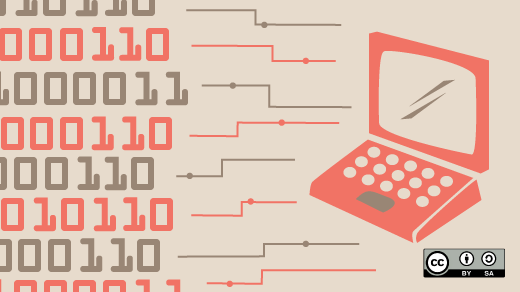In his article How different programming languages do the same thing, Jim Hall demonstrates how 6 different languages accomplish the same exact task with different syntax. The lesson is that programming languages tend to have many similarities, and once you know one programming language, you can learn another by figuring its syntax and structure.
In the same spirit, Jim's article compares how different programming languages read and write data. Whether that data comes from a configuration file or from a file a user creates, processing data on a storage device is a common task for coders.
Every programming language has a unique way of accomplishing a task; that's why there are so many languages to choose from. You can and should choose the language that works best for you. But once you understand the basic constructs of programming, you can also feel free to try out different languages, without fear of not knowing how to accomplish basic tasks. More often than not, the pathways to a goal are similar, so they're easy to learn as long as you keep the basic concepts in mind.
See
How different programming languages read and write data#
technology #
programming #
coding
In his article How different programming languages do the same thing, Jim Hall demonstrates how 13 different languages accomplish the same exact task with different syntax. The lesson is that programming languages tend to have many similarities, and once you know one programming language, you can learn another by figuring its syntax and structure.
